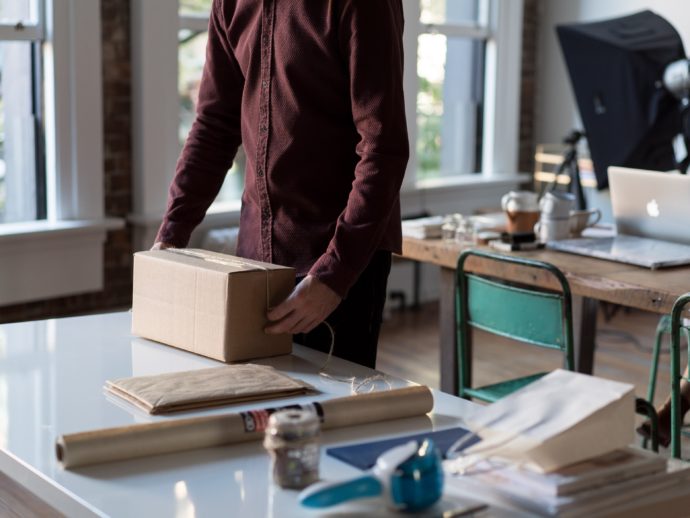
I write this paragraph from the muted calm that only 5 o’clock in the morning can bring. I savor this time to sit quietly with myself (and a steaming mug of tea), anticipating the day ahead.
If you’re a night owl, you’re probably shuddering at the thought of such an early morning. Rest assured it doesn’t matter when we carve out alone time. The important thing is that we do.
Embrace being alone
Alone time provides an opportunity for contemplation, self-exploration and a time-out from daily social pressures. Research also suggests this “me time” promotes better work-life balance and overall well-being.
Even if you tend to be more extroverted (you become energized by being around people), integrating a small amount of alone time is an important part of daily self-care—particularly if it’s spent doing something that is freely chosen, personalized and meaningful.
Ways to escape on your own
Escape in nature
A large body of research suggests what many of us know intuitively to be true: being alone with nature can be an incredibly restorative experience.
Start small: Connecting with nature can be as simple as eating lunch at the park rather than at your desk. On the weekend, try taking a 90-minute walk in a natural environment—a recent study revealed that participants who did so showed decreased activity in an area of the brain associated with mental illnesses like depression.
Escape in the city
Most of us live in urban areas. Luckily, cities provide ample opportunities to enjoy some quality me time.
Start small: Take yourself out on a date. Head to a coffee shop with a book or journal, go to the movies or a museum or simply take a stroll around town, enjoying your own company.
Escape within
Meditation is known for its wide-ranging benefits to both physical and mental health. Meditation also connects us more deeply to our internal world, making it the epitome of me time.
Start small: Try implementing a meditation practice for as little as five minutes per day. Numerous guided meditations can be accessed online or through smartphone apps, making it easy to practice meditation any time, anywhere.
Make the most of alone time
Schedule it in
Set aside time every week to engage in something that’s just for you, and stick to it just like you would with any other appointment. This may require letting others in your household know that, for the allotted time, you’re “off limits”—and then supporting others to do the same.
Unplug
Experiment with turning off and putting away your cell phone during me time, noticing if this helps create a more meaningful and less distracted experience.
Set aside guilt
Try your best to avoid contaminating me time moments with thoughts about things you “should” be doing instead. Remind yourself that prioritizing alone time can make you more productive in the long run and leave you more present for important people in your life.






